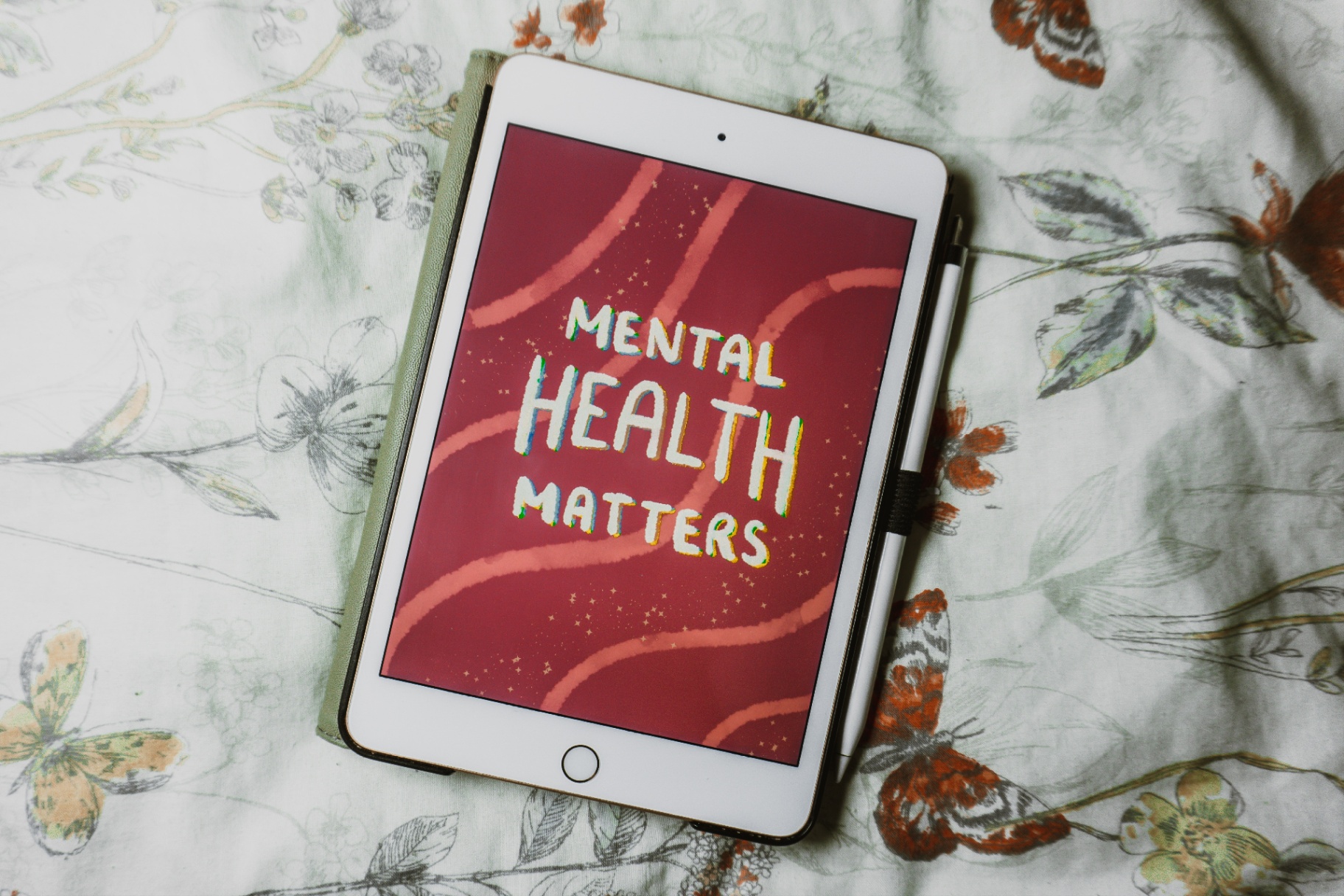May Is Mental Health Awareness Month

May is Mental Health Awareness Month, a time when mental health advocates and organizations strive to raise awareness and understanding about the importance of mental health and the need to prioritize mental health care. In this blog post, we’ll cover why mental health matters, how to recognize the signs of mental health issues, and how you can get started on and support others struggling with mental health.
Mental Health Awareness Month is…
a month-long event is dedicated to educating the public about mental health, reducing stigma, and providing resources for those who are struggling with mental health issues. It is also a time for individuals to reflect on their own mental health and take steps to improve it. By increasing awareness of mental health issues, we can create a more supportive environment for those who are affected by them.
What is mental health, and why is it so important?
Mental health refers to the state of our emotional, psychological, and social well-being. It affects how we think, feel, and behave, and it can impact our relationships, our ability to function in daily life, and our overall quality of life. Mental health can be influenced by a variety of factors, including genetics, life experiences, and environmental factors.
Mental health care is important for several reasons. For one, mental health conditions can have a significant impact on a person’s life. They can lead to decreased productivity, difficulty with relationships, and poor physical health outcomes. Additionally, untreated mental health conditions can lead to more severe issues over time, making early intervention critical.
What are the signs of mental health issues?
Mental health issues can affect anyone, regardless of age, gender or background. It is important to be aware of the signs and symptoms of mental health issues so that you can identify them in yourself or others and take appropriate action.
Common signs and symptoms of mental health issues may include:
* changes in mood,
* difficulty concentrating,
* feeling overwhelmed or anxious,
* difficulty sleeping,
* changes in appetite or weight,
* feelings of worthlessness or guilt,
* loss of interest in activities that used to bring joy and
* thoughts of self-harm.
If you are experiencing any of these signs and symptoms it is important to seek help from a mental health professional.
Mental health awareness is key to helping people recognize when they need help and getting the support they need. Knowing the signs and symptoms can also help you provide support for those around you who may be struggling with their mental health.
What can I do to support my mental health?
Mental health care and support is essential for everyone’s well-being. It can help us to cope with difficult situations, manage stress, and make positive changes in our lives. There are many resources available to those seeking mental health care and support. Counseling services are available through private practices, hospitals, universities, community centers, and other organizations. Additionally, there are numerous online resources that provide information about mental health topics as well as support for those in need of help. Organizations such as the National Alliance on Mental Illness (NAMI) offer support for individuals living with mental illness as well as their families and friends. Finally, there are many online communities where people can connect with others who have similar experiences or offer support to each other
Fortunately, there are many ways to get started on taking care of your mental health. Here are some tips to consider:
Take care of your physical health. Physical health and mental health are closely intertwined, so taking care of your physical health can have a positive impact on your mental health. This can include getting regular exercise, eating a balanced diet, getting enough sleep, and avoiding drugs and alcohol.
Practice self-care. Self-care can mean different things to different people, but it generally involves taking time for yourself to do things that you enjoy and that make you feel good. This can include reading a book, taking a bath, going for a walk, or practicing mindfulness or meditation.
Seek professional help if you need it. If you are struggling with your mental health, it is important to seek professional help. This may include seeing a therapist, psychiatrist, or other mental health professional. There are also many resources available online or through local organizations that can provide support.
Connect with others. Social support is an important part of mental health care. Make time to connect with friends and family members, or consider joining a support group.
Be kind to yourself. Finally, it is important to be kind to yourself. Practice self-compassion and give yourself grace when things are difficult. Remember that taking care of your mental health is a journey, and it is okay to ask for help along the way.
Friends and family play an important role in providing mental health support. They can offer emotional support, practical advice and help with day-to-day tasks. Community support groups are also available to provide a safe space for people to talk about their experiences and get advice from others who have been through similar situations. With the right kind of support, it is possible to address mental health issues and lead fulfilling lives.
Mental health is an essential part of overall health and well-being. By prioritizing mental health care and taking steps to care for ourselves, we can improve our quality of life and achieve greater overall health and happiness. So this Mental Health Awareness Month, take the time to prioritize your mental health and encourage those around you to do the same.
Click Here To Connect with us today to get started on your wellness journey! You don’t have to go at it alone.
